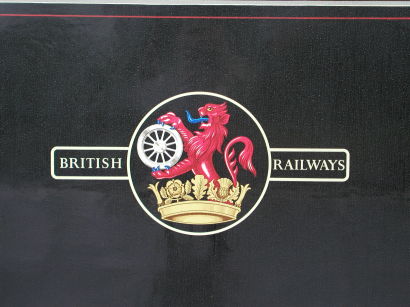THE Labour Party has unveiled more proposals to renationalise the passenger railway, as rumours of a snap election continue to grow in the continuing confusion over the details of Brexit.
The party’s plans for the railways now go further than simply allowing franchises to terminate over time.
Shadow chancellor John McDonnell said he is investigating which franchise contracts have break clauses. Where these exist, either party can end the franchise at that point without penalty, and the contract no longer runs to its full term. One example of this in the past has been First Great Western, which exercised such a clause in 2011 and ended a franchise which had been intended to run for another three years.
Mr McDonnell told the BBC he was proposing to create a new Public Ownership Unit within the Treasury to oversee nationalisation plans which could involve a number of industries and Private Finance Initiatives. This Unit would deal with issues such as compensation for shareholders, who would be more likely to receive Government bonds than cash. Such a compensation scheme would echo original railway nationalisation in 1948, which created British Railways from four main line companies and exchanged shares in those companies for guaranteed British Transport Stock, mostly paying 3 per cent. This obligation contributed to the financial problems of the parent British Transport Commission in the 1950s.
But more than just passenger franchises could be involved, because Labour is also considering the creation of a Public Rolling Stock company which would acquire the fleets currently owned by rolling stock leasing companies such as Angel and Porterbook.
However, the plans appear to stop there, because no mention has yet been made of freight operators, which were sold outright by British Rail in the mid-1990s. They are not subsidised, and must pay their way to survive. Just one rail freight company is presently in the public sector. This is DRS, which is a subsidiary of the Nuclear Decommissioning Authority and was only established in 1995 to carry spent nuclear fuel. DRS has since widened its business to include other types of carge and spot hire of passenger rolling stock.
Labour’s plans are not being welcomed by the government nor much of the industry, although the rail unions are strongly in favour. The Rail Delivery Group, which includes the franchised operators as well as Network Rail, is not enthusiastic. RDG regional director Robert Nisbet has warned that that such a change would not be in the interests of the public.
The public, however, do not agree. A YouGov poll held In the summer of 2017 found that 60 per cent of people were in favour of restoring public ownership of the railways, and other surveys, some of them sponsored by unions, have returned similar results.


